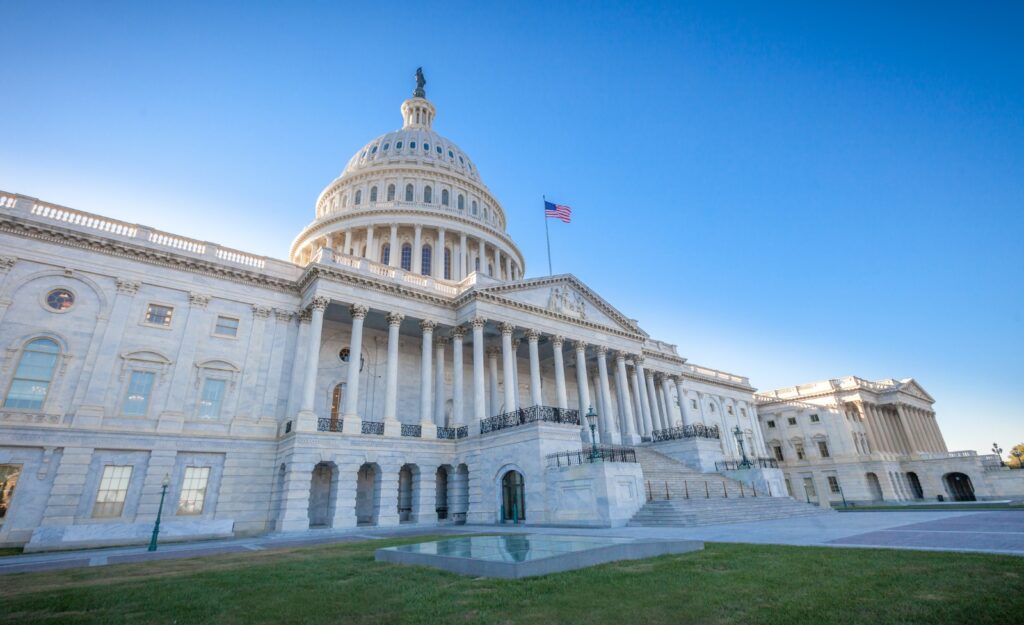Who We Are
We support businesses with less than 500 employees, non-profit organizations, and small government jurisdictions under the work we do on behalf of small entities in our country. Advocacy’s mission is to help small businesses as regulations are developed. We also do research to help policymakers understand what is needed for the start-up, development, and growth of American small businesses and organizations.
Led by the Chief Counsel
Created by Congress in 1976, our office is led by the Chief Counsel for Advocacy, who is appointed by the President and confirmed by the U.S. Senate. The office relies on small business outreach, economic research, and policy analysis, to identify issues of small business concern. Ten regional advocates around the country and an office in Washington, D.C. support the Chief Counsel’s efforts.
The Background Paper on the Office of Advocacy is a resource for stakeholders that includes a history of Advocacy and provides extensive reference materials. It is the most comprehensive single publication on our office and the work we do. Our office is currently led by Dr. Casey B. Mulligan.
Our regulatory efforts
Advocacy’s role in rulemaking is based on the Regulatory Flexibility Act of 1980. This law requires agencies to consider alternative ways to reduce the economic impact of their regulations on small entities. Advocacy’s efforts to have agencies comply with the Regulatory Flexibility Act have saved small businesses billions of dollars in regulatory costs. Our office has worked with federal agencies to avoid excessive regulatory burdens on small businesses since 1980 and continues to do so. Read more about our successes in the Small Business Victory series.


Our research efforts
Advocacy produces economic studies, issue briefs, and fact sheets about national and international economic research, small business finance, ownership demographics, and other topics. The office also commissions detailed data on small business from the U.S. Census Bureau.
Some of our most useful resources for business owners include Small Business Profiles for the States and Territories and Frequently Asked Questions about Small Business. Our office also shares insightful articles about the triumphs and challenges facing business owners today.
Our Outreach Efforts
Advocacy has regional advocates in each of the 10 federal regions. These advocates interact with small businesses, state and local governments, chambers of commerce, and many other communities to support small businesses and learn more about the potential challenges they face. They act as a liaison between business owners and the government, and the outreach they conduct is a critical part of Advocacy’s effective representation of small business viewpoints.
Current or future business owners can connect with their regional advocate by contacting their advocate directly, attending a roundtable or business forum, and following Advocacy on social media to receive relevant updates, resources, and event information.


What makes the Office of Advocacy different from SBA?
We do not take part in SBA’s work on loans, disaster relief, or procurement. Instead, we represent your interests in the federal regulatory process and produce data for policymakers to craft smarter laws.
If you are worried about a rule or regulation that may impact your business, contact our staff. If you have questions on loans, disaster relief, or getting involved in government procurement, submit an inquiry on SBA’s contact page.
